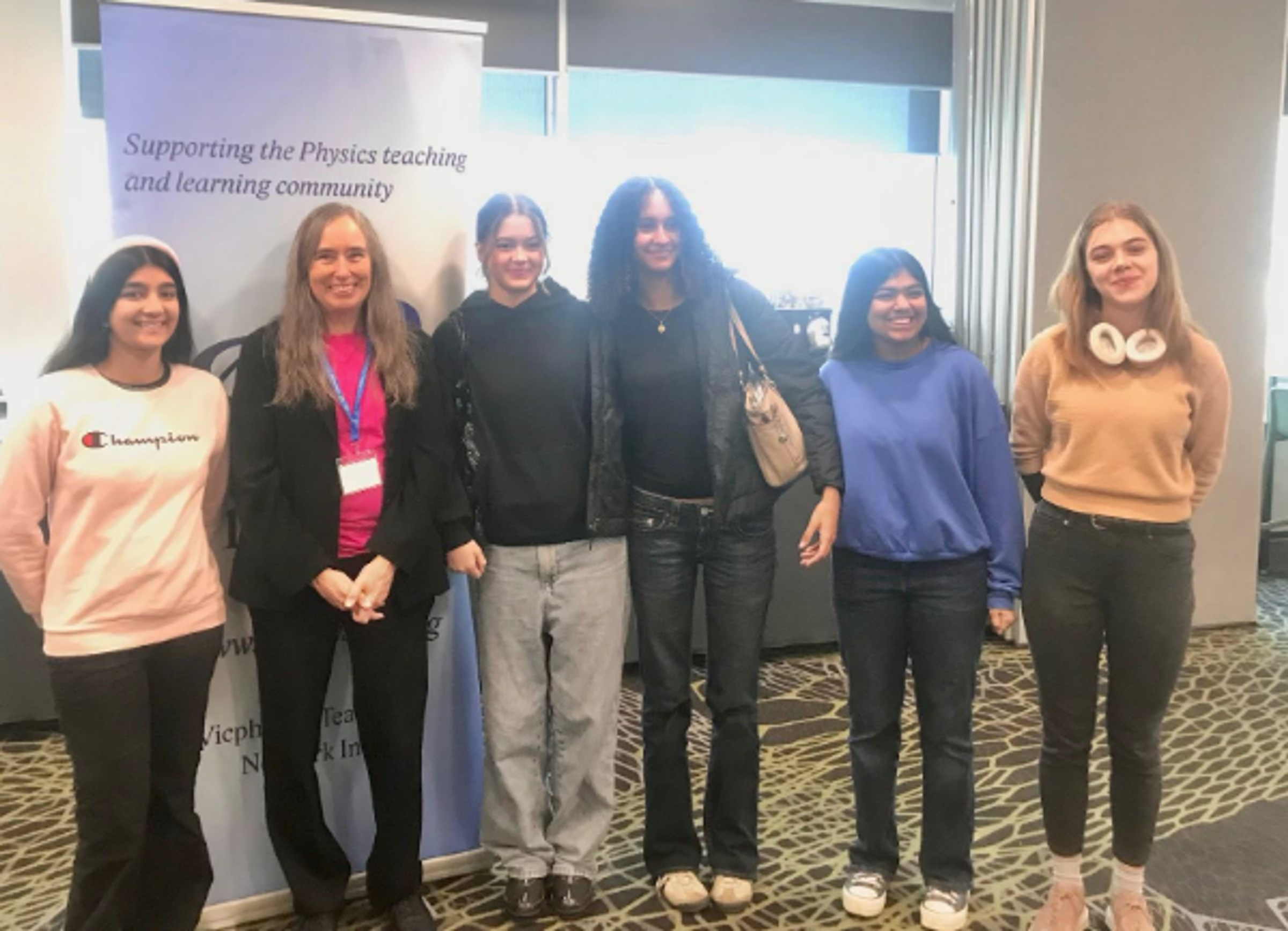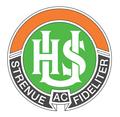GIRLS IN PHYSICS BREAKFAST

On the 9th of May, a chilly Thursday morning, five Year 10 and 11 students woke while it was still dark outside (however not as early as some other schools) to go to the Girls in Physics Breakfast, sponsored by the VicPhysics Teachers’ Network and the Invergowrie Foundation. Once arriving at the William Angliss Institute – either by car, tram, or foot – we were placed into groups of 6-8 on tables which consisted of around six students, one university student studying physics in their third year or above, and finally a woman with a career in physics. From here we engaged in conversation until the anticipated 7:30 welcome which would mark the start of an invigorating morning. I had the pleasure of talking to an electrical engineer who explained to the table the importance of cooling systems for our national internet providers. Other tables had astrophysicists to meteorologists, some of whom spoke to the audience in the latter half of the event during a Q and A.
The star of the morning, guest speaker Prof Susan Coppersmith, is the head of physics for the University of New South Wales and a Fellow of the Australian Academy of Science, the Australian Institute of Physics, and the National Academy of Sciences in the USA. She works in the area of quantum computing, specifically, Susan is now working to predict how a combination of silicon and germanium, two materials used in current electronic technologies, can be used to fabricate quantum dots that could enable the creation of quantum computers. This strategy allows the investments that have been made for scaling up modern classical electronic devices to enable the manufacture of large-scale quantum computers.
Prof. Coppersmith gave an inspiring talk regarding the theory behind theoretical physics and the reality of the hardships theoretical physicists can endure. She eloquently taught us about the passion for breaking the boundaries of the unknown, and working your whole life to reach that region of the unknown. She truly inspired us to cultivate our passions, and love for learning, even if it can feel arduous and discouraging at times.
To finish up the breakfast, which consisted of delicious yogurt and pastries with tea and coffee, we all completed a personality quiz, “people like me”, to get to know other people which were our personality type, such as manager, educator, or entrepreneur. This allowed us to connect with our fellow students, who all had their own individual stories of being in the physics sector. People I talked to ranged from being the only girl in their class to one of about five. The lack of female physicists in our curriculum has skewed our perspectives from seeing equal representation of gender in this world of science.
Leaving the event, we all were handed a ‘for home’ package, which contained further information about studying physics, but also profiles on different smart, successful, and stupendous women currently working in the field.
I would highly recommend this program to others, especially to those not yet sure about pursuing physics and who are looking for more information.
Ana Mihalic Tynan - Year 11
